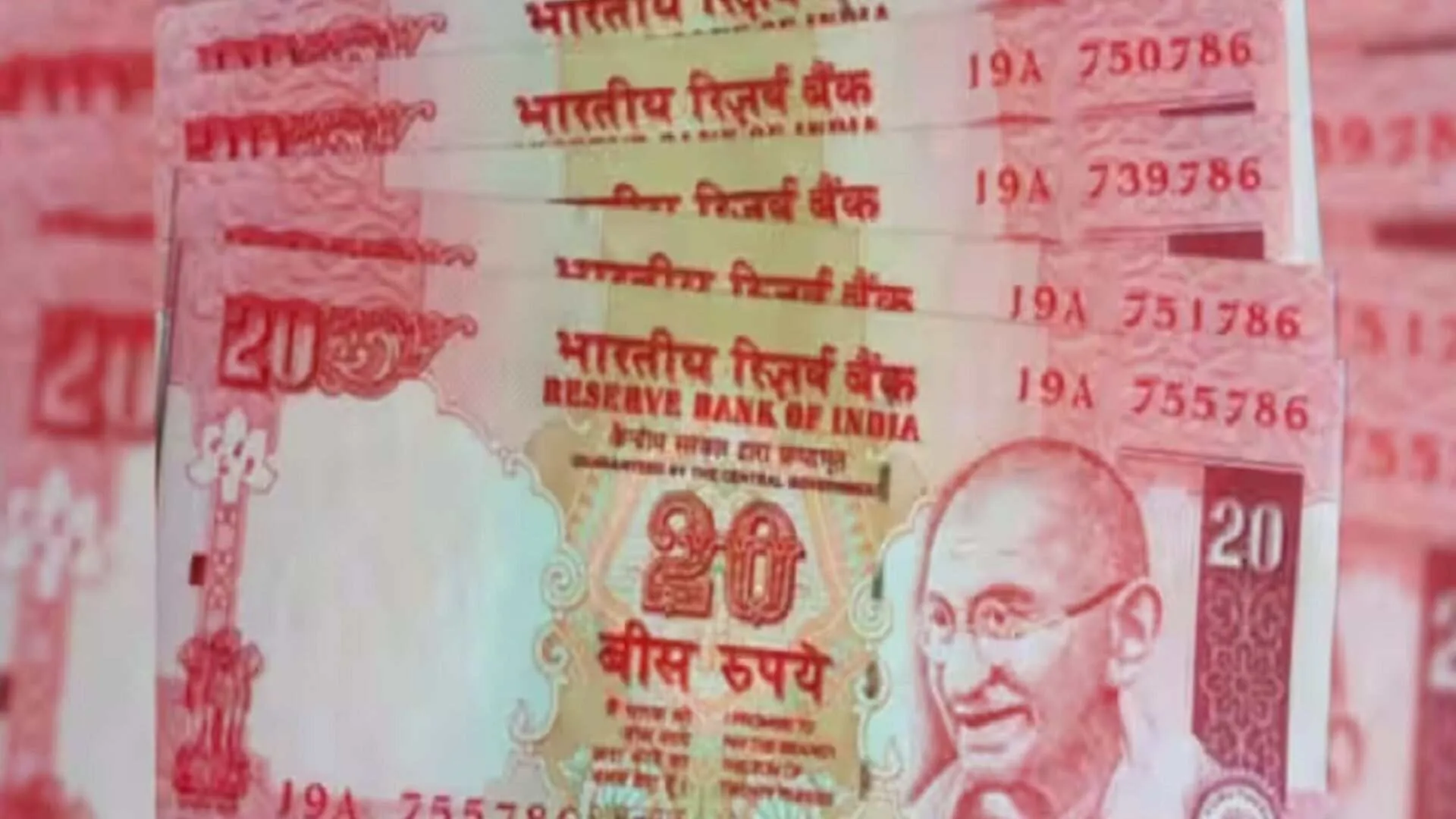New strategies in marketing keep challenging consumer expectation. Afood company in Japan has proposed something unusual in which amuch-beloved snack-a piece of popcorn- might be used in anunanticipated way.
Traditionally, the cushioning of fragile items shipped has been done with materials such as cotton, foam, or Styrofoam. A food manufacturer in Kochi City, Japan, is now marketing popcorn as an eco-friendly alternative to these conventional materials. This is an unusual packaging solution to solve environmental issues associated with wasteful packaging materials.
From Snack to Sustainable Cushion
The idea was developed by Shihoko Wada, general manager of Azechi Foods Company Ltd., a Japanese maker and wholesaler of popcorn. Wada developed the idea after attending a seminar session at which a participant humorously used a packet of popcorn as a pillow. This sparked her imagination as she found a means of using popcorn as a sustainable cushioning material.
“We wanted to create a product that could be used as a cushion and then consumed, reducing waste in the process,” Wada explains.
Eco-Friendly, Edible Packaging
The popcorn packaging of Azechi Foods is innovative as well as environment–friendly. It is packed in transparent foil with a big sticker that says “Not Edible”. Though the popcorn inside is edible, the foil isn’t. The approach removes the need for conventional packaging materials like Styrofoam pallets and cardboard.
The innovation from the company is currently generating attention, starting from Japanese social media. Images of the packaging for its product, popcorn, are now viral. Consumers are appealingly provoked by the idea of using a snack for cushioning while also enjoying it.
Future That Is Fun and Sustainable
Azechi Foods comes forward in the challenge posed above with a solution that could change how we think about packaging and waste. Instead of just throwing away packaging after use, this popcorn could be eaten once its cushioning purposes are done, promoting a circular economy.
It would make all the sense and might bring popcorn one step closer increating sustainable alternatives to more ecologically sensitive practices used by the packaging industry.























